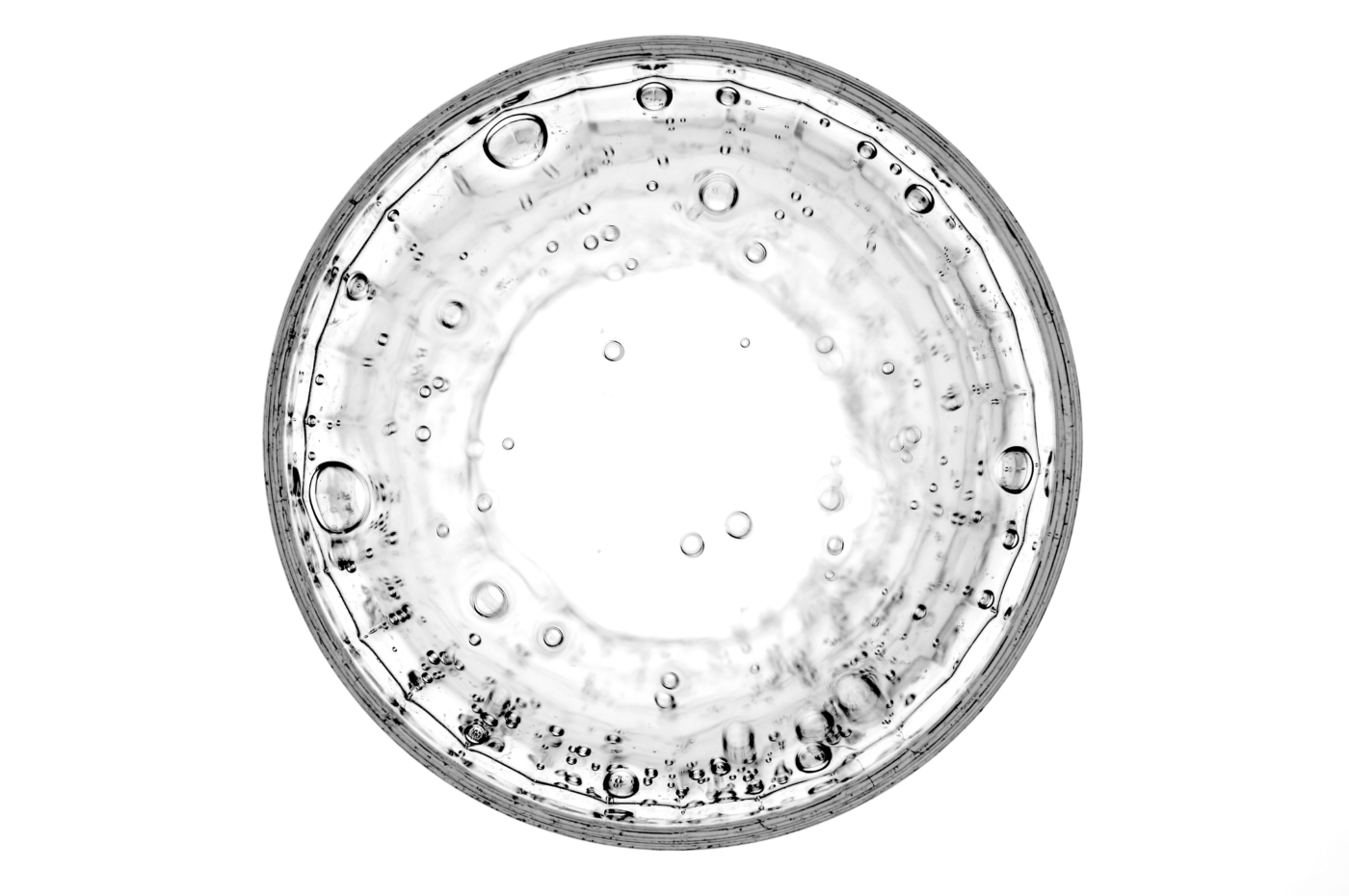URSS Diary: the reality of working with bacteria in a science lab
The beginning of my second year marked the half-way point of my degree, and so meant it was probably best I start weighing up my options for after university. I had heard about the Undergraduate Research Support Scheme (URSS) in my first year but didn’t think about applying to do one until the start of my second year, when I had heard about the positive experiences several of my friends had had with it over the previous summer.
URSS is an unpaid opportunity for undergraduates to complete a summer project in their department under the supervision of an academic of your own choosing. Once an academic agrees to complete a project with you, you apply to be able to conduct this project, as well as for a bursary of up to £1000 if required (but this comes with the responsibility of completing online tasks), over a period of at least six weeks. I completed a URSS project in order to explore the prospects of a research-oriented career following university, as well as learning more about an area of science that I probably wouldn’t have otherwise learnt about.
I completed a URSS project in order to explore the prospects of a research-oriented career following university, as well as learning more about an area of science that I probably wouldn’t have otherwise learnt about
My URSS project was based on the genetic modification of a particular feature of the bacterial genome, known as the plasmid, causing random mutations to arise in the respective enzyme produced. The enzyme is utilised in the bacteria’s natural mechanisms to synthesise antibiotics, and so research into this particular enzyme is of high interest and value with our current crisis with rising antibiotic resistance in many bacteria.
In order to complete this project, I had to learn several new techniques and develop the methodology I had employed in many of my undergraduate lab classes. Furthermore, it was necessary to read and learn a lot of content, specifically related to my project and the research area. Fortunately, this was really easy to manage, still allowing me time to nip to the pub most evenings with new friends made over this summer period, and made working on this project on a day-to-day basis so much more interesting.
Research into this particular enzyme is of high interest and value with our current crisis with rising antibiotic resistance in many bacteria
I really enjoyed the opportunity to complete a URSS project. Despite the set online tasks being a tad boring, they allowed for good reflection and the development of transferable skills, with the practical aspects of the project being an absolute privilege to be a part of. Overall, I would certainly recommend URSS, to all of you reading this, as a kickstart into your field, providing that golden experience that is so hard to gain these days.

Comments